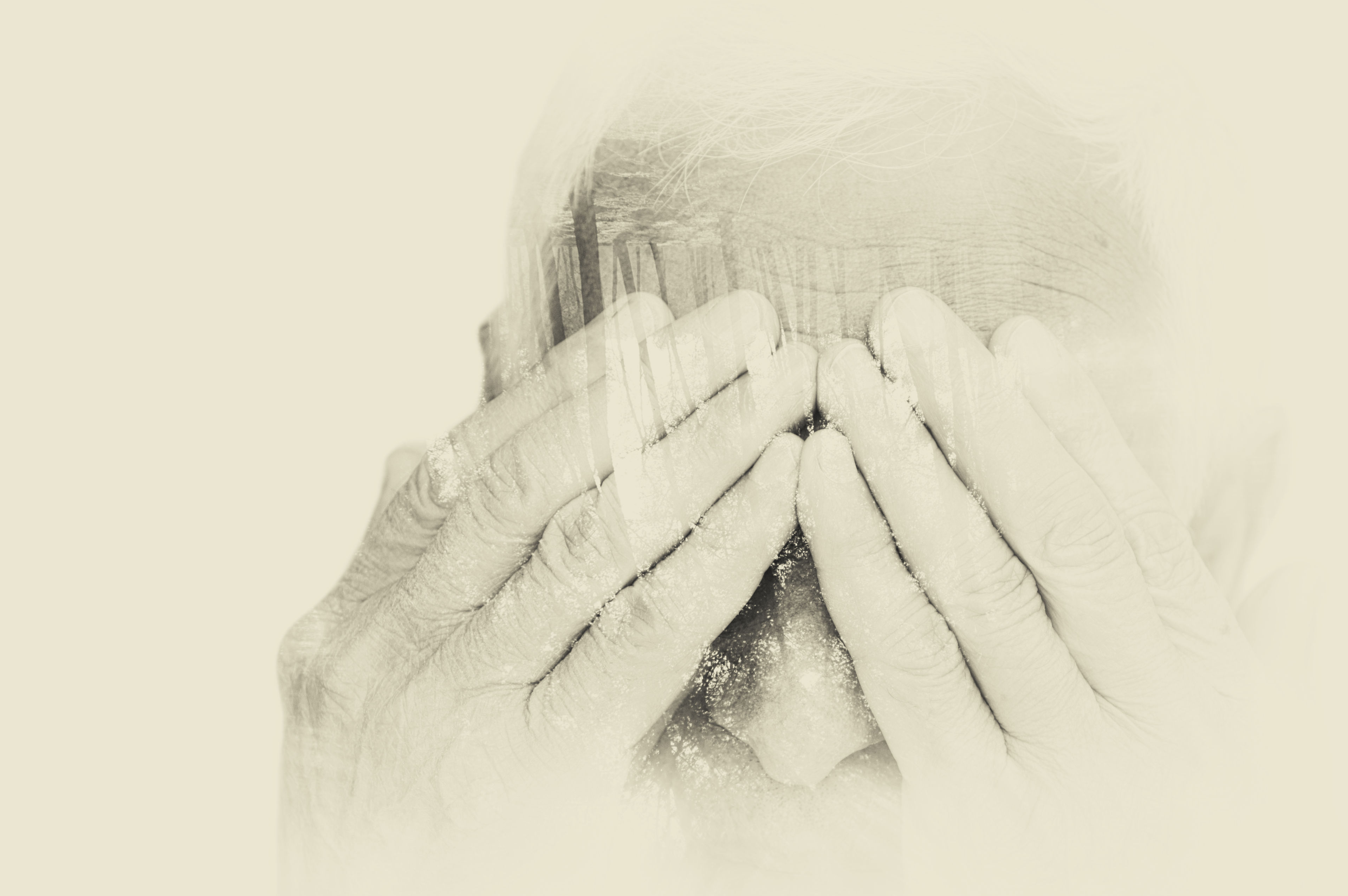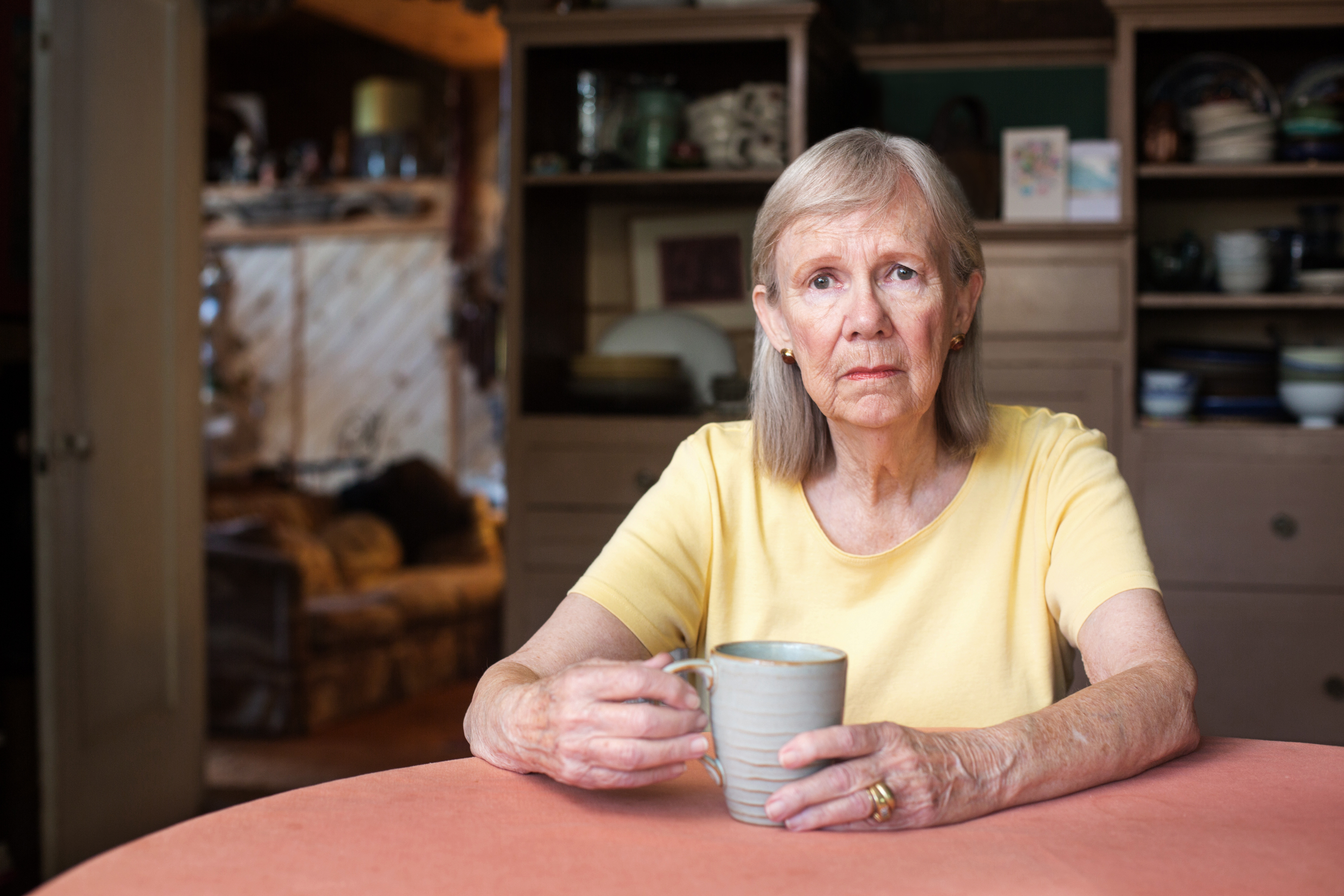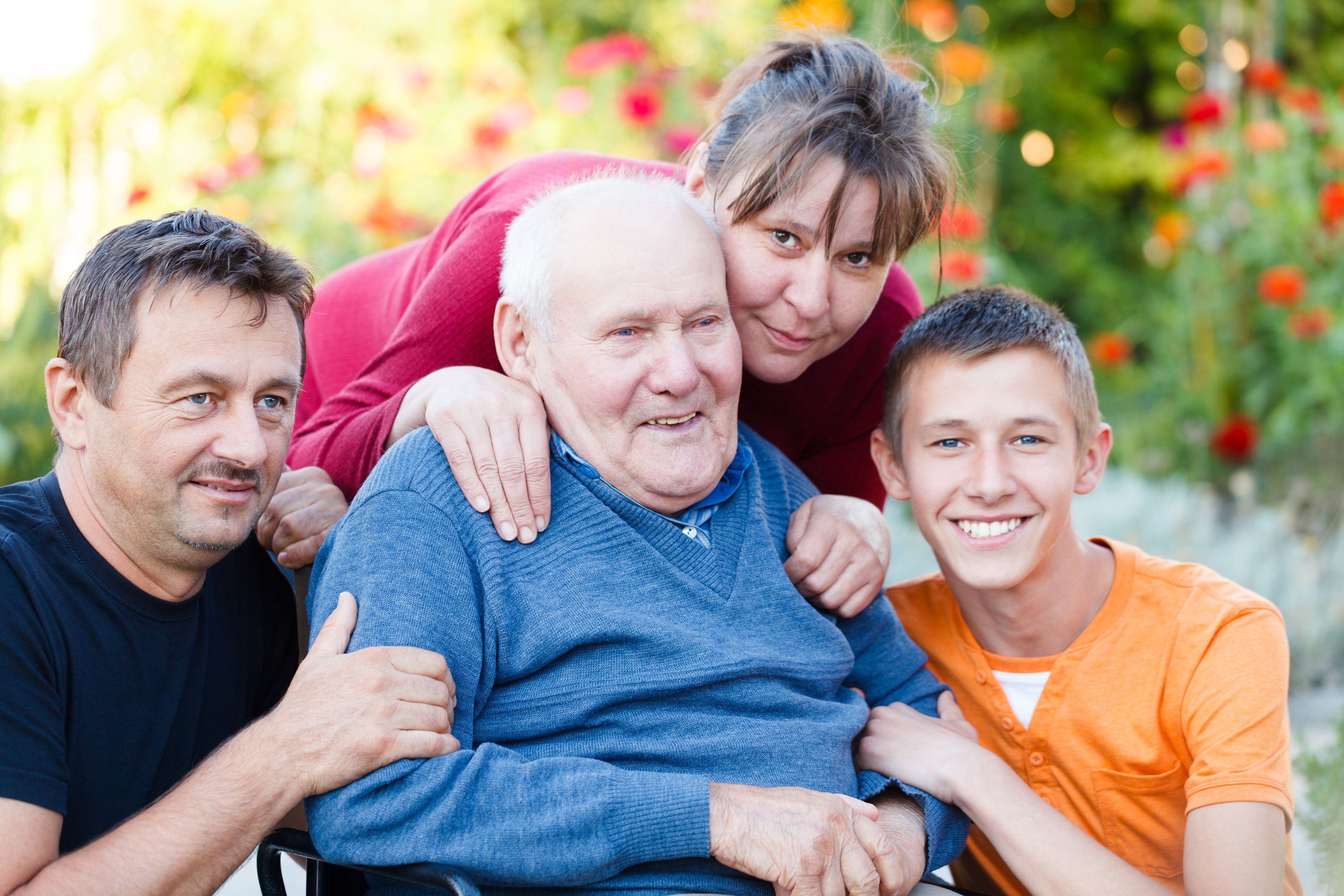3 Signs of Nursing Home Abuse New Yorkers Should Look For
When you place your aging loved ones in a nursing home, you do it because you believe that they need additional care and attention. You trust that those responsible for their care will act accordingly, treating them with dignity and respect and maintaining their wellbeing.
Unfortunately, sometimes what really occurs is that polar opposite of this.
Recently, a former nursing home worker was convicted for sexually abusing six residents who were suffering from brain injuries. Jack Stanley will face between 8 and 25 years in prison for the crimes he committed while working at the Northeast Center for Special Care in Lake Katrine in Ulster County. His sentencing will occur in July 2017.
The abuse occurred between July 2014 and February 2015 and Stanley was subsequently fired from his job and then arrested in July 2016. All six of the victims testified in the trial, according to Attorney General Eric Schneiderman.
Sadly, incidents like these are more common than you might think. The National Center on Elder Abuse (NCEA) reports that 7.6% of all long-term care residents have experienced abuse.
The NCEA defines elderly sexual abuse as “non-consensual sexual contact of any kind” or “coercing an elder to witness sexual behaviors.” This definition includes being forced to view pornographic material or being forced to watch sex acts, as well as experiencing inappropriate physical touching.
If your loved one is a resident of a long-term care facility, what can you do to protect them? It starts with paying attention.
How to Tell If Your Loved One Is Experiencing Nursing Home Abuse
Here are several signs to watch for and ways to get help if sexual abuse occurs.
Physical signs
Look for bloody clothing or sheets. You may see bruises on the breasts, groin, thighs, and buttocks. If a genital infection occurs, it may be a sign of sexually transmitted disease. An abuse victim may complain about psychosomatic disorders, like a stomachache or a headache, when the real problem is much worse.
Early reporting is crucial. One study said a report filed within three days of the incident, along with substantiated evidence of abuse, led to higher conviction rates. Visit your loved one frequently, stay alert, and don’t hesitate to report abuse to authorities at the first signs.
Emotional signs
Long-term care residents may show several emotional signs if they’ve faced any kind of abuse. Watch for new anxiety and fear. Also look for crying spells, statements of low self-esteem, and other signs of depression. You may also notice an increase in aggressive and defensive behavior, depending on your loved one’s personality.
Talk with your loved one. Try to get to the root of their feelings. Be patient, as they may feel embarrassed and ashamed. They may fear that their care, medicine, or food will be withheld if they speak up. Look for any changes in normal patterns, and trust your gut instinct. Again, don’t wait to report any unusual behavior to trusted authorities.
Social signs
If your normally social loved one suddenly wants to be alone, this may be a sign that abuse has occurred. You may notice an abrupt change in regular behavior, such as resistance against being touched and an unwillingness to communicate. They may show unusual fears around a fellow resident or employee, who may have been their perpetrator.
You must get to the heart of the problem with your loved one if they’ve been abused. If they resist talking with you about the problem, find a doctor or mental health professional who can help them. It’s crucial to get them the help they need as soon as possible after abuse has happened.
Understand How Abuse Happens and What to Do about It
Women residents are more likely than men to be sexually abused. Residents with impaired mental ability due to stroke, injury, or dementia are also more likely to be targeted. Elderly people living in social isolation are also more frequent victims of sexual abuse.
Abuse may come from fellow residents or facility employees. It may also happen from another family member or acquaintance. You must be alert to everyone who is in contact with your loved one.
Visiting your loved one often will cue you to sudden changes in their emotions and behavior. Pay attention to the other residents and to the workers at the long-term care facility. If you notice any unusual behavior, you may need to rethink your loved one’s placement at that facility and make other arrangements.
Remember: do not delay. It’s important to contact officials as soon as possible. Call the police and medical professionals to file a report. You can also ask Adult Protective Services for help if your loved one lives outside a facility and a long-term care ombudsman if they live within a facility. A New York elder abuse lawyer can also be a lifeline when you find yourself in this type of situation, both in terms of helping get your loved one to safety and in making sure those responsible are held accountable.
This website contains “Attorney Advertising.” It is designed for general information only and should not be construed to be formal legal advice. Prior results cannot and do not guarantee a similar outcome. Please contact us by telephone or email. Be advised that using any method of communication to contact us does not create an attorney – client relationship. In order for this office to represent you, we must enter into a written retainer agreement. Simply contacting us does not create an attorney-client relationship. Please do not send any confidential information to this office until after a signed retainer has been entered into by you and this office.


